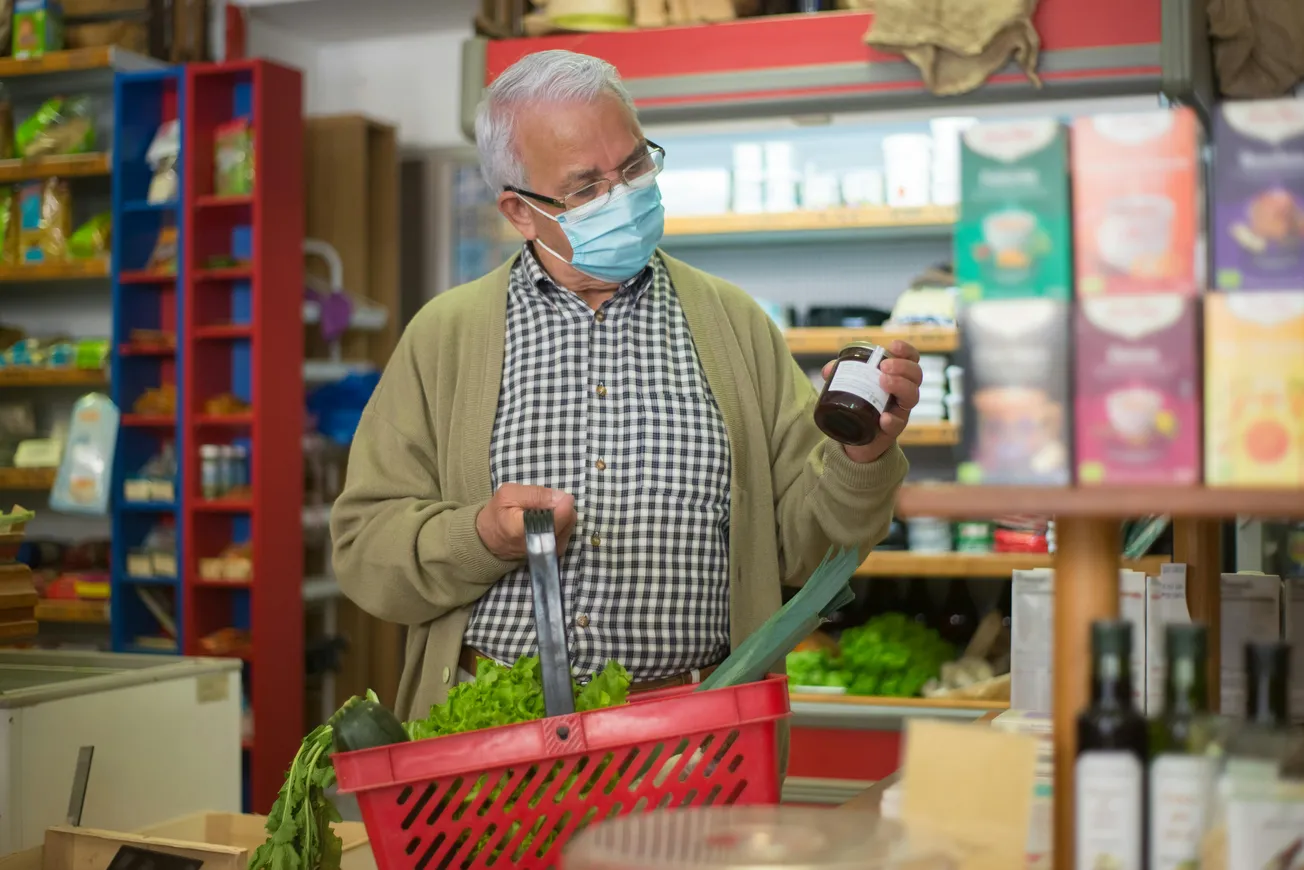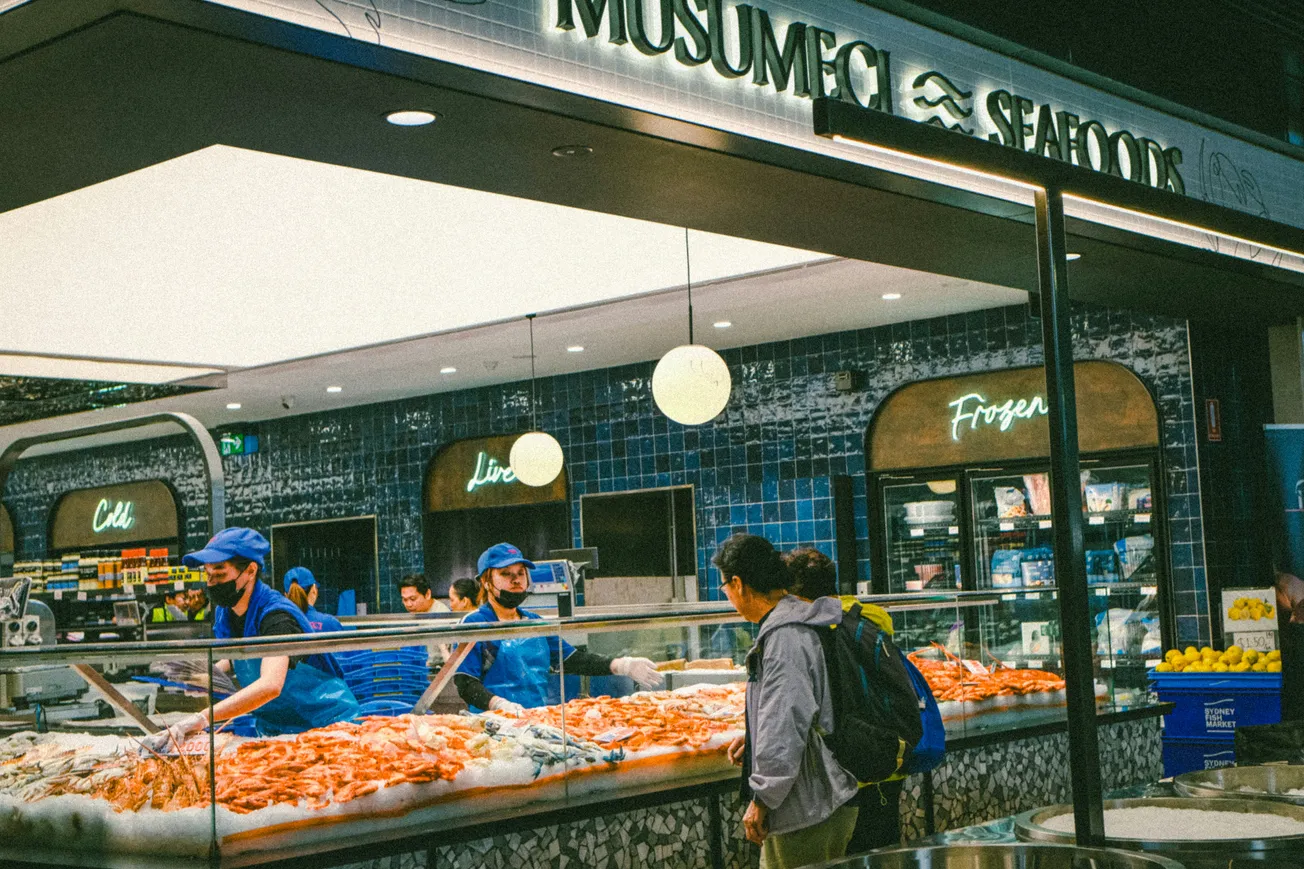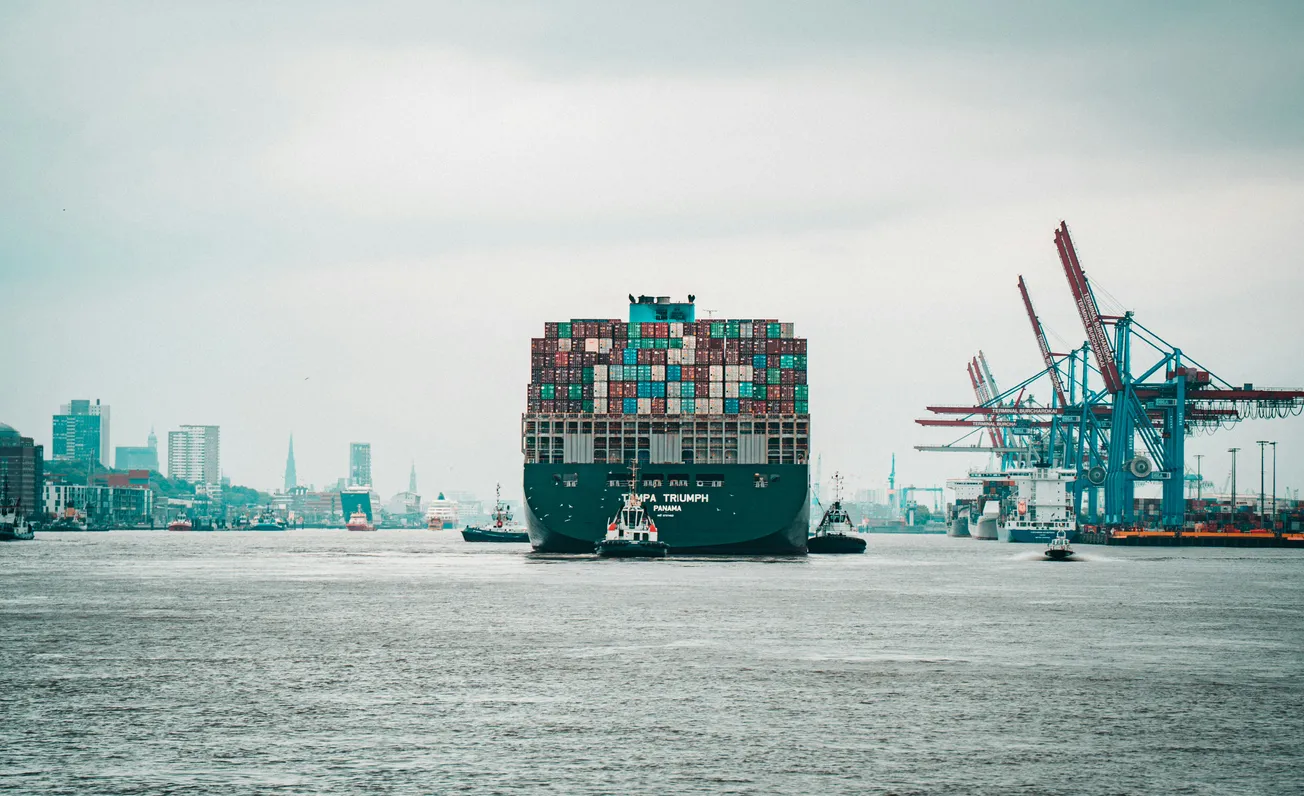Retail in a post-COVID world looks very different from what you knew before. The pandemic reshaped how you shop and how businesses serve you, creating a lasting impact on consumer behavior and retail strategies.
As businesses begin to understand the evolving landscape, we see changes that extend beyond temporary measures. Today’s consumers demand more flexibility, transparency, and ethical practices than ever before, revolutionizing the way retail operates.
Shifts in Consumer Behavior After COVID
The pandemic dramatically influenced consumer behavior, altering your priorities towards convenience, value, and safety. Many of these changes remain as foundational elements of the shopping experience.
Increased reliance on digital channels has made e-commerce essential, with many consumers preferring options like curbside pickup and online delivery services. Today, you expect these options to be efficient and readily available.
Health and safety have become central aspects of your shopping habits. You are now selective about where and how you shop, valuing businesses that showcase visible sanitation practices and offer contactless payment options.
This focus on safety and responsibility has reshaped brand loyalty, as consumers now explore alternatives that align with their values.
The Rise of E-Commerce and Omnichannel Strategies
E-commerce has seen unprecedented growth since the pandemic began, becoming a core aspect of retail. Today, seamless experiences across different channels are expected by shoppers like you.
No longer are online and offline experiences treated as separate entities; businesses are now integrating their strategies to provide a fluid shopping experience. Whether you’re browsing online or making in-store purchases, retailers must create consistent interactions to meet your evolving demands.
Health, Safety, and Trust as Ongoing Priorities
Health, safety, and trust remain pivotal in today’s retail landscape. As a consumer, your expectations for hygiene and clear communication shape your decisions on where to shop.
You seek businesses that prioritize your well-being and demonstrate transparency around their safety practices.
When retailers maintain rigorous health standards, they build stronger relationships with customers, creating an element of trust that is vital for long-term success.
Technology Driving Retail Transformation
Technology is now a defining component of the retail experience. Innovations like contactless payments, curbside pickup, and AI-driven personalization have evolved from optional extras to essential services reflecting consumer preferences.
These advancements not only cater to your desire for convenience but also indicate that retailers are attentive to your needs.
Supply Chain Resilience and Inventory Management
The fragility of supply chains exposed during the pandemic has pushed retailers to prioritize resilience. Businesses are diversifying their suppliers and leveraging technology for real-time inventory management, which ensures product availability.
This focus on efficient logistics helps prevent shortages and disruptions, thereby enhancing the overall customer experience.
Sustainability and Social Responsibility in Retail
As your values evolve, you are increasingly drawn to sustainable and responsible businesses. Retailers that practice ethical sourcing, support local communities, and engage in transparency foster greater loyalty.
Brands that reflect your values and demonstrate authentic commitment to social responsibility stand out in a crowded marketplace.
Conclusion
Retail in a post-COVID world exhibits enduring changes that continue to shape consumer experiences and expectations. The pandemic accelerated vital shifts in behavior, technology, and trust that businesses must now respond to actively.
Retailers need to adapt by fostering flexibility, transparency, and ethical practices to build strong customer relationships and sustain growth.
In overall importance, technology and resilient supply chains drive progress, ensuring that products remain accessible. As consumer expectations evolve, industry professionals must remain responsive, continuously adapting to create a retail environment that thrives on partnership, innovation, and trust.









